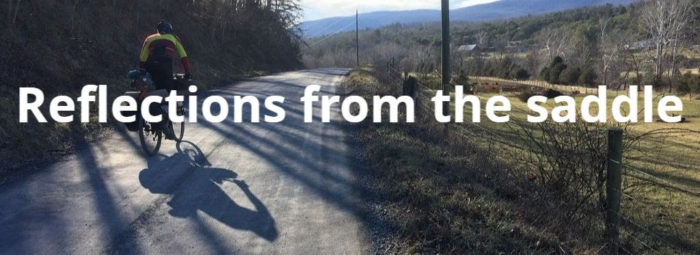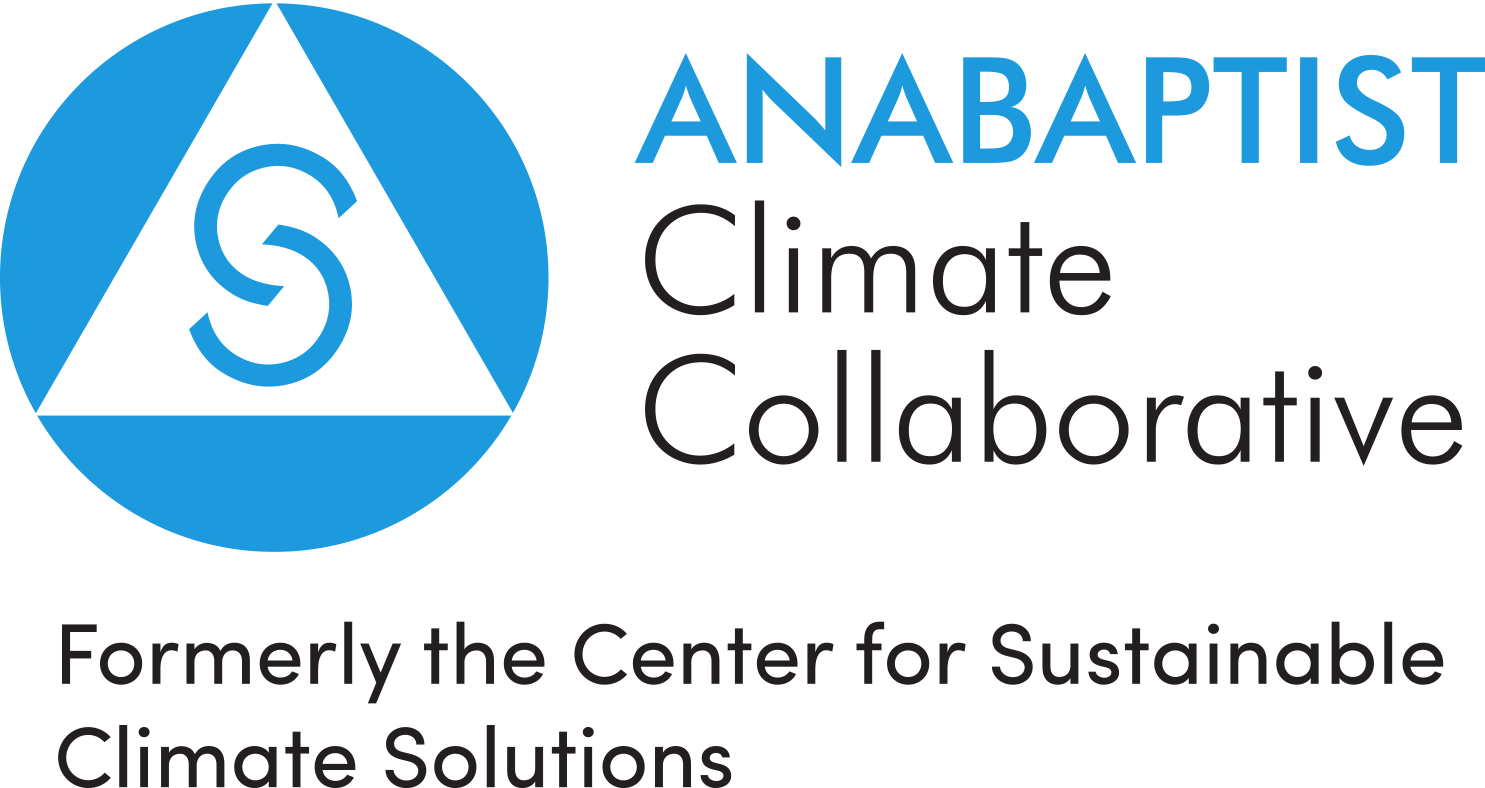
‘Learning to slow down’
After a long week of projects, essays, exams, and bike rides, my body crashed. A few nights ago, I woke up at 3 am with a burning throat and a headache. The next morning I didn’t feel much better. I tried to make the pain disappear by consuming lots of citrus and cough drops, but these quick fixes couldn’t get rid of the message my body was desperately sending me: Take. A. Break.
Under normal circumstances, I wouldn’t have pushed back against these warning signs. I would have taken a few days off to recover and recharge. But, we are a week away from biking across the country, and I have been trying to get in as many long rides as possible. After procrastinating all day, I finally mustered enough strength to lace up my shoes, clip on my helmet, and get pedaling. I took a slow easy ride around town, not planning on going more than ten miles.
I was nearing the end of my ride when I heard a car coming up behind me, and decided to move onto the sidewalk, a maneuver I have made dozens of times before. This time however, something was off. Instead of gliding onto the sidewalk with little more than a bump, my bike toppled, and I, clipped into my pedals, toppled right along with it.
My whole right side was smashed against the sidewalk, with my shoulder and head taking most of the blow. Immediately there was blood everywhere, dripping all over my body, bike, and onto the sidewalk. I grabbed a roll of toilet paper that I had with me and held it to my face, where I sensed the blood was coming from. I managed to bike home, and after some tearful phone calls and a virtual consultation with my doctor, I went to the emergency room, where I received four stitches on my chin.
The next 48 hours were filled with ibuprofen, neosporin, bandage changes, and ice packs, as I tried to soothe my black eye and deal with two competing thoughts: “It could have been worse,” and “how did I let this happen?”
The second thought has a clear answer. My body needed some TLC (tender loving care), and I refused to give it any. We have been taught our whole lives that productivity comes first. Capitalism has no room for rest and repair. Instead, it points us to a supermarket that offers us a wide variety of cough drops and syrups, enticing us to fork over our money just so that we can keep on working. After 21 years of living with this mindset forced down my throat, it feels almost impossible to resist it, especially when I feel like the thing that I should be doing is inherently “good,” like training for a cross country bike ride for climate change.
Yet look where this mindset has gotten us: I have a black eye and a busted chin, and our earth is dying. The earth, our only and vital life source, has been abused beyond belief, chopped down and poisoned and melted for money. And we are feeling the effects. We have been for decades. Yet we have brushed off the warning signs and demanded that the earth do what we tell ourselves to do: push forward and protect the bottom line.
Capitalism asks for speed, novelty, and action. The earth invites us to slow down, appreciate its ancient gifts, and be still. The earth looks out for us. Capitalism could care less. So, how can we rewire our systems to think and act like the earth, especially when doing so is not rewarded by society? How can we slow down when our financial and emotional well beings depend on succeeding in a fast world? How can we learn to listen to our bodies and our earth and trust the messages that they are sending? I don’t have an answer, but I sense that somehow, by biking across this giant landmass that we call the United States of America, I might figure a few things out.
I am far from perfect, but I truly believe that perfection is the enemy of progress. I do not have to be a perfect environmentalist or advocate to make a difference or to care about climate change, and by putting this invisible standard on our work, like so many well-meaning circles do, we exclude the very people we should be inviting in. People who aren’t vegan or vegetarian, who sometimes drive the quarter-mile distance to work, who use Amazon too much, who fly in airplanes and enjoy it. People who don’t protest or badger politicians enough. People who, quite frankly, are too interested in the arts to make climate change the single and solitary focus of their life. (All of these people, by the way, are me.)
Although I might not fit the traditional mold of an environmentalist, I won’t let this deter me from witnessing the beauty and destruction of the earth this summer, and I hope that this experience will point me in the right direction. Maybe I will finally learn to listen closely to my body and the earth, and take what they are telling me seriously.

